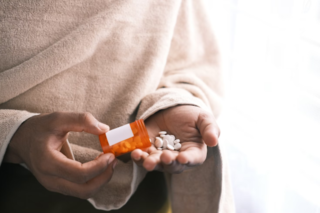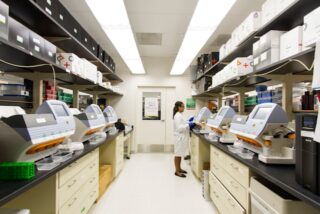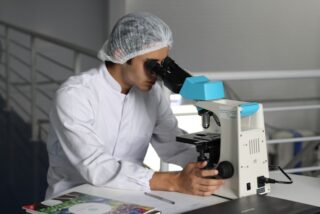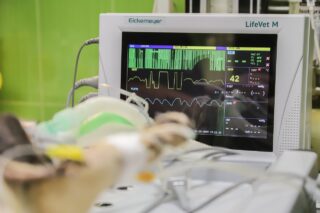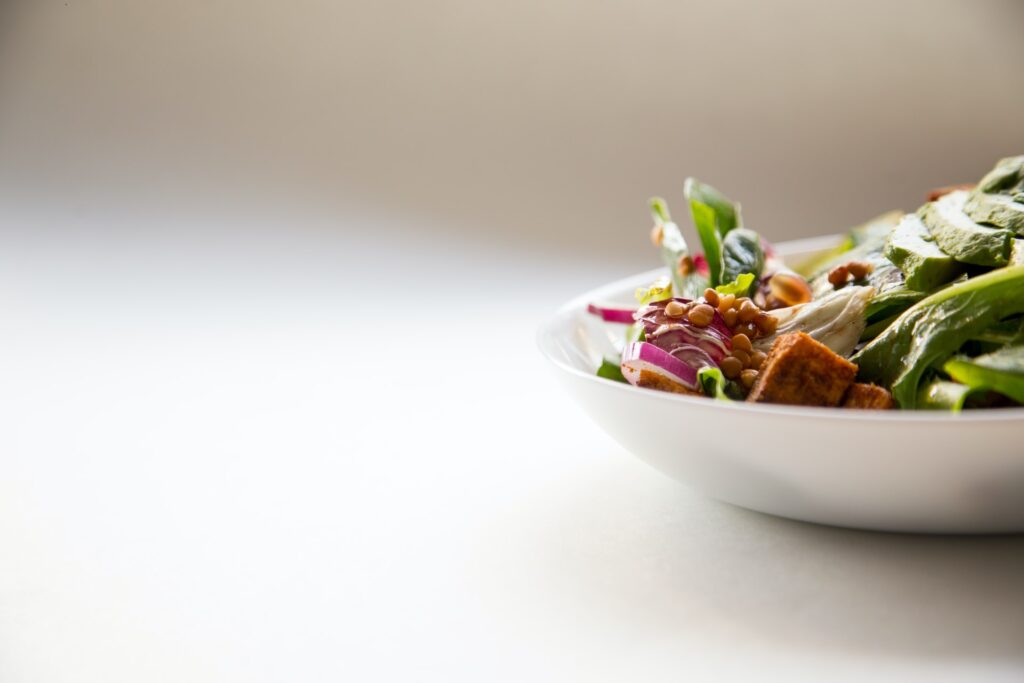
Six Foods safety tips to prevent foodborne illness during cancer treatment.
Did you know that there are over 48 million cases of foodborne illnesses reported in the US each year? Foodborne illnesses usually occur within one to three days after eating a contaminated food and symptoms may include abdominal pain and diarrhea, as well as body aches and fevers. So if you eat a food that contains a harmful bacteria, such as E. coli or salmonella, your immune system may not recognize and eliminate that bacteria as easily during your cancer treatment. Consequently, you could become very sick. Preventing a foodborne illness is important.
How to minimize your risk of developing a foodborne illness by following six food safety tips ?
1. Foods safety tip – wash your hands.

And at least 50% of foodborne illnesses could be prevented by proper hand washing. So make sure that you wash your hands with soap and warm water for at least 20 seconds. Wash your hands throughout the day, including after using the bathroom and playing with your pets. And avoid spreading bacteria by washing your hands after handling food and during meal preparation, especially when handling raw meats and produce.
2. Food Safety tip – rinse fresh and frozen fruits and vegetables.
Rinse both fresh and frozen fruits and vegetables under running water, as they may carry harmful bacteria from harvesting or transport from farm to grocer. So make sure that you rent all fresh and frozen fruits and vegetables, including those with edible skins, rinds and peels. For example, apples, peppers, oranges and bananas can be eaten as long as you’ve rinsed them first. Rinse leafy greens in a salad spinner and rinse fresh and frozen berries in a colander. Even rinse bags spinach or lettuce or salads that are labeled pre washed or double triple washed. Scrubbed from produce like potatoes and cantaloupes with a clean vegetable brush. Store bought fresh juices are safe to drink as long as the container says heat treated. Don’t eat any raw sprouts like alfalfa sprouts or bean sprouts. And don’t eat any raw fresh fruits or vegetables that are prepared outside of your home. That means don’t buy pre cut fresh fruits and vegetables. And don’t eat raw fruits and vegetables from restaurants or someone else’s home. Only eat cooked.
3. Food safety tip – cook meats and eggs to proper temperature.
Be sure that fully cook meats and eggs as the cooking process can destroy harmful bacteria found in raw meats and raw eggs. Fully cooked meats such as beef, pork, lamb, poultry, fish and seafood, to proper temperature. The Food and Drug Administration or the FDA has a helpful chart available on their website that provides the safe minimum internal temperatures to follow for different food types. Make sure to cook eggs so the yolks and the whites are firm, not runny. They don’t eat any raw sushi oysters or ceviche. And don’t eat any runny egg yolks or raw eggs like in some salad dressings or raw cookie dough.
4. Food Safety tip – avoid unpasteurized dairy products.
Pasteurization is the process of heating liquids or foods to destroy bacteria and other contaminants. In the grocery store are for pasteurized dairy products, like milk and cheese. Look at the ingredient list the dairy product container and make sure that it says “Made with pasteurized milk”. To store all dairy products at or below 40 degrees Fahrenheit in the refrigerator or the freezer. And don’t drink raw milk or eat raw cheese unless heated like in a hot drink or a casserole.
5. Food Safety tip – prevent cross contamination.
We want to prevent cross contamination which means spreading unwanted bacteria from one surface to another. When grocery shopping separate raw meats from all other items in your grocery cart, in your grocery bags and in your refrigerator when you get home. Use different cutting boards prepare meats and produce or thoroughly wash your cutting board with hot water and soap between uses. Don’t clean your kitchen surfaces with a cloth towel, use a clean paper towel instead.
6. Food safety tip -refrigerate foods and leftovers.
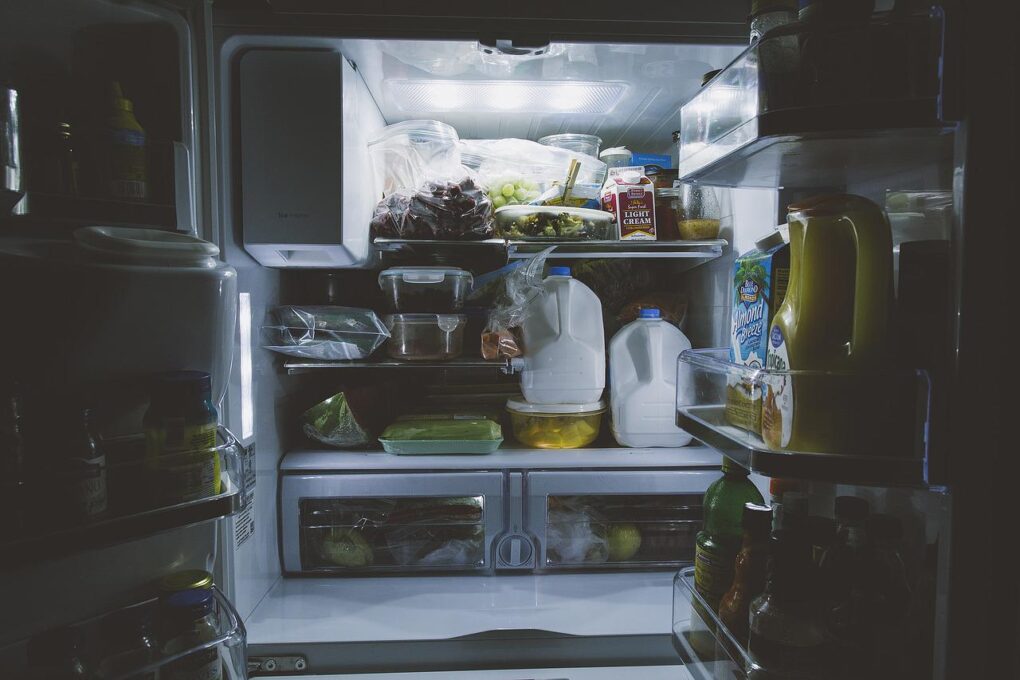
Bacteria tends to grow more in a warm, moist environment. To prevent this, refrigerate your foods and leftovers promptly. Refrigerate perishable foods such as meat, poultry, fish, seafood, eggs, produce and leftovers within one to two hours of cooking or purchasing. Defrost foods like meat some leftovers in the refrigerator. Leftovers are fine to eat as long as you eat them within three days. Or you can freeze leftovers within three days and eat them later. And don’t leave milk and other refrigerator items on the kitchen counter for several hours – refrigerate them.
In summary
During cancer treatment, your immune system may not be as strong as it usually is. So it may have a harder time fighting off a foodborne illness. Therefore it’s important to follow these six tips to ensure food safety. And remember to wash your hands throughout the day with soap and water. Thoroughly rinse fresh and frozen fruits and vegetables. Fully cooked meats too well done, eggs so that they’re not running. Avoid unpasteurized dairy products. Prevent cross contamination. And finally, keep foods in the refrigerator that belong in the refrigerator.
Please note that your physician may have more personalized recommendations for you. If you would like a printable food safety guide, or you’d like to learn more about the oncology nutrition program please visit our website.

